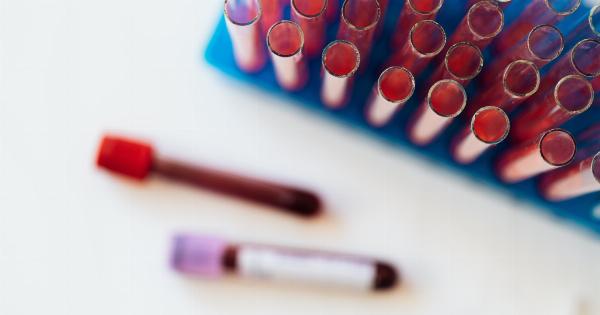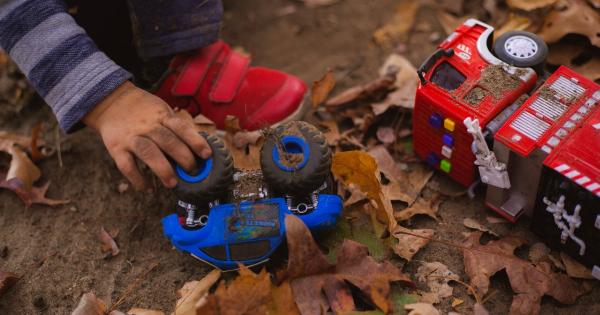It’s no secret that recycling is important for the environment. Recycling helps reduce waste, save energy, and conserve natural resources. However, new research has revealed a recycling hazard that most people are not aware of.
Scientists have discovered a chemical that is associated with infertility and other health problems in recycled plastics.
What is the Chemical?
The chemical in question is called phthalates. Phthalates are a group of chemicals that are used to soften and increase the flexibility of plastics. They are commonly found in items such as toys, food packaging, and medical equipment.
Phthalates are also found in recycled plastics, which is where the recycling hazard comes into play.
How are Phthalates a Recycling Hazard?
When products made from phthalate-containing plastics are recycled, the phthalates can be released into the environment. This is because phthalates are not chemically bound to the plastic, which means they can easily leach out over time.
This is a significant recycling hazard because phthalates have been linked to a range of health problems, including infertility, birth defects, and hormone disruption.
Why Are Phthalates Dangerous?
Phthalates are considered dangerous because they are endocrine disruptors. This means that they interfere with the body’s hormone system, which can lead to a range of health problems.
Studies have linked phthalate exposure to infertility, low sperm count, and birth defects. In addition, phthalates have been linked to asthma, obesity, and behavioral problems in children.
How to Avoid the Recycling Hazard?
While it is impossible to completely avoid phthalate exposure, there are steps you can take to reduce your risk. One way to avoid the recycling hazard is to reduce your use of plastic products.
Choose glass or stainless steel containers instead of plastic food storage containers. Use cloth bags instead of plastic bags for shopping. Avoid using plastic wrap and plastic food packaging whenever possible.
Another way to avoid the recycling hazard is to buy products that are phthalate-free.
Look for products that are labeled “phthalate-free” or “PVC-free.” If you are not sure whether a product contains phthalates, contact the manufacturer for more information.
Conclusion
The discovery of phthalates in recycled plastics is a significant recycling hazard that people need to be aware of. While recycling is important for the environment, it is important to understand the potential risks associated with recycled plastics.
By taking steps to reduce your use of plastic products and choosing phthalate-free products, you can reduce your risk of exposure to this harmful chemical and protect your health.































